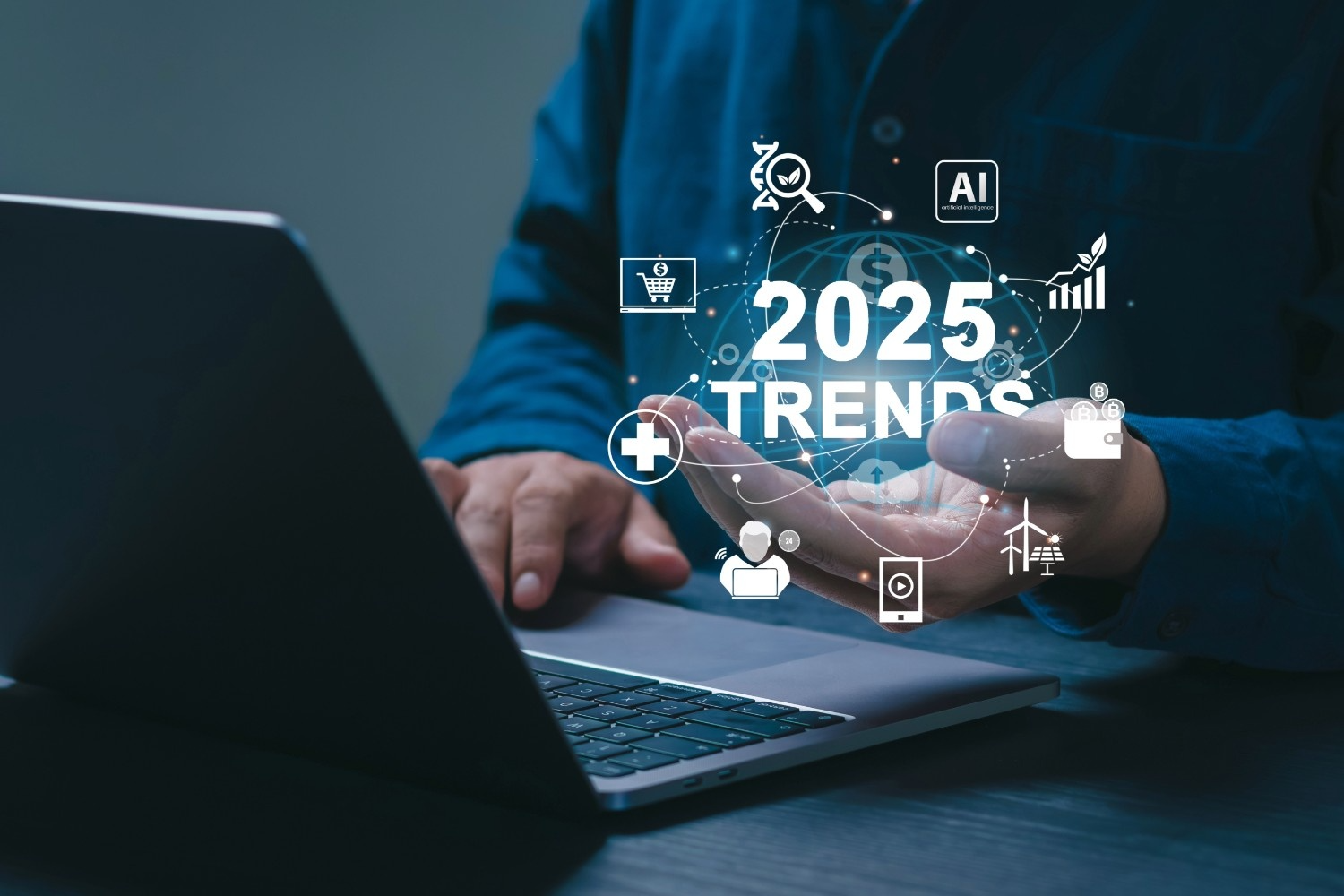The Future of Work: Adapting to Changing Business Landscapes

Not long ago, the future of work was something people debated in conference panels and whitepapers—an abstract concept hovering somewhere on the horizon. But in just a few short years, the future arrived ahead of schedule. Catalyzed by a global pandemic, digital acceleration, and shifting social expectations, the workplace as we once knew it has fundamentally changed.
And it’s still changing.
From remote work models and flexible schedules to AI-driven automation and new employee values, the business landscape is evolving fast. For organizations to stay competitive—and for individuals to stay relevant—adaptability is no longer optional. It’s a core skill.
Let’s take a closer look at how the workplace is transforming and how businesses can prepare to thrive in what’s next.
Shifting from Fixed to Flexible
One of the most visible shifts has been the collapse of the traditional office model. Remote and hybrid work aren't temporary solutions anymore—they're the new normal. According to a 2023 McKinsey report, nearly 60% of workers say they prefer hybrid work arrangements, and organizations offering flexibility are seeing higher retention and employee satisfaction rates (McKinsey, 2023).
But this shift goes deeper than location. It’s a cultural redefinition of work. Employees now expect autonomy, trust, and work-life integration. They want to be measured by outcomes—not by hours in a chair. And forward-thinking businesses are listening.
Technology Isn’t the Future—It’s the Framework
Talk of automation and AI once felt like science fiction. Now, it’s simply business infrastructure. Tools powered by artificial intelligence—from chatbots and scheduling assistants to machine learning algorithms—are redefining job functions, streamlining workflows, and augmenting human capability.
Gartner predicts that by 2025, more than 50% of knowledge workers will rely on AI-powered tools to support decision-making and task execution (Gartner, 2023). But this doesn’t mean humans are being replaced. It means the nature of human work is changing—becoming more strategic, analytical, and creative.
Businesses that invest in digital literacy, upskilling, and change readiness are positioning themselves for long-term resilience.
A New Deal Between Employer and Employee
It’s not just how we work that’s changing—it’s why.

Employees today are looking beyond paychecks. They want purpose, psychological safety, and growth opportunities. Younger generations entering the workforce—Millennials and Gen Z—place high value on transparency, inclusion, and sustainability. If organizations fail to align with these expectations, they risk losing top talent to more progressive competitors.
This evolving social contract requires empathetic leadership, clear communication, and a commitment to employee well-being. It's not about perks—it’s about values.
So, What Should Businesses Do?
Adapting to the future of work doesn’t require predicting every trend—it requires building a culture that can evolve. Here’s how organizations can get ahead:
- Foster a learning mindset. Continuous upskilling should be embedded into your culture.
- Design for flexibility. Whether it’s location, schedule, or role, give people space to do their best work.
- Invest in digital infrastructure. The right tech stack makes everything else possible.
- Lead with clarity and empathy. The best strategies fail without strong, human-centered leadership.
- Listen to your people. Engagement isn’t about surveys—it’s about responsiveness.
Final Thoughts
The future of work isn’t a fixed destination—it’s a moving target. But one thing is clear: businesses that embrace adaptability, invest in people, and stay grounded in purpose will be the ones that don’t just survive these shifts—but lead them.
Change is here. The question is no longer, “What’s next?” It’s: How ready are we to grow with it?
References
McKinsey & Company. (2023). The state of hybrid work: Trends and opportunities
Gartner. (2023). Future of Work: AI, automation, and the augmented workforce
